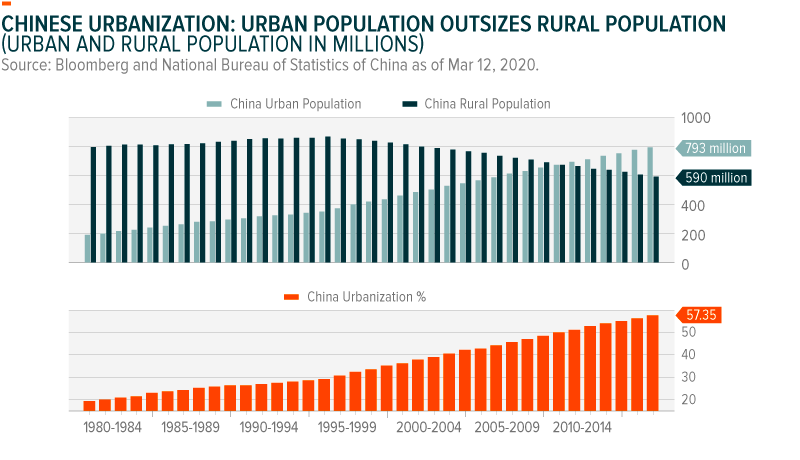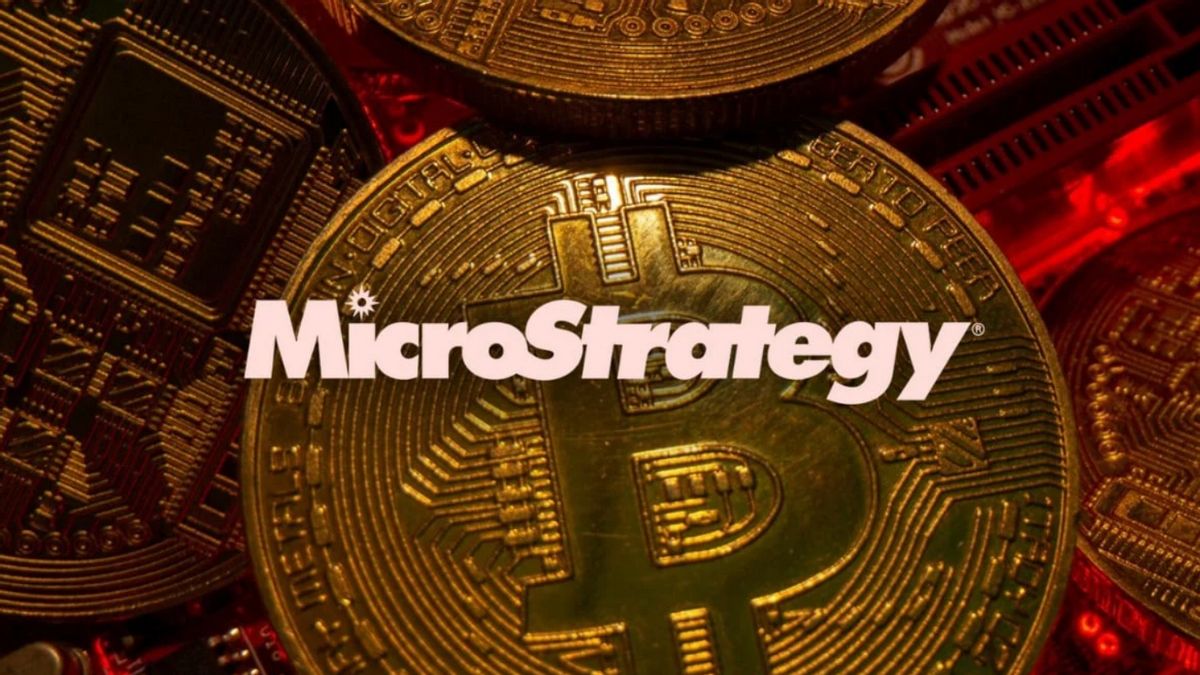Alright, folks, let’s talk about something HUGE brewing in the US housing market – the potential privatization of Fannie Mae and Freddie Mac. Citigroup Securities just dropped a report suggesting we could see real movement on this front as early as Q4 of this year. And trust me, this isn’t just another Wall Street whisper.
Now, why now? Simple. Uncle Sam is drowning in debt. The federal budget deficit is a screaming red flag, and privatizing these mortgage giants looks increasingly attractive to the Treasury as a way to inject some serious cash. It’s a classic case of necessity being the mother of invention…or, in this case, fiscal responsibility (or what’s left of it).
Here’s the kicker: Republicans still hold a solid grip on both the House and Senate, and with midterms looming, the pressure to show results is on. That means privatization – either through executive action or, more likely, Congressional legislation – is gaining traction.
Let’s break down what’s at stake. The current structure of Fannie and Freddie has them operating in a kind of limbo, essentially guaranteeing mortgages but with profits funneled back to the Treasury. Full privatization would unlock significant value, potentially sending their stock prices soaring.
Here’s a quick knowledge breakdown for you:
Fannie Mae and Freddie Mac were created to increase homeownership by providing liquidity to the mortgage market. They don’t make loans; they guarantee them.
During the 2008 financial crisis, they were placed into conservatorship, effectively nationalized, to prevent a total collapse of the housing market.
The debate around privatization centers on risk. Proponents argue it reduces taxpayer risk and unlocks capital.
Critics fear it could lead to higher mortgage rates and reduced access to homeownership for lower-income borrowers.
The potential windfall for the Treasury is the main driver now, with the US national debt currently exceeding $34 trillion.
This isn’t a dry, technical issue, people. This is about the future of the housing market, the health of the US economy, and, frankly, your pocketbook. Stay tuned, because this story is about to get a lot more interesting. Expect volatility and be prepared—this one could be a game-changer. Don’t say I didn’t warn you.







